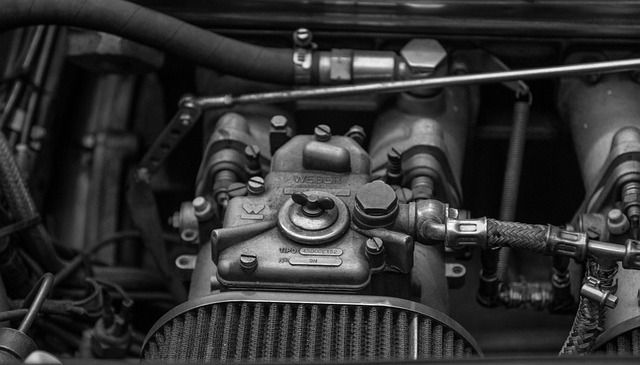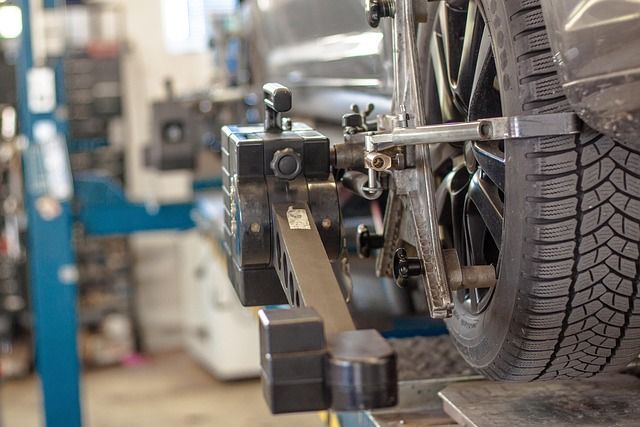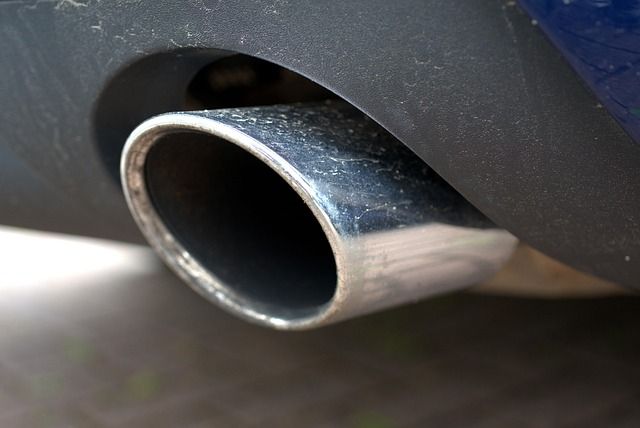The Importance of Factory Scheduled Maintenance for Your Vehicle in Denver, CO
Owning a vehicle is not just about enjoying the freedom of the open road; it’s also about taking responsibility for its upkeep. At Importsports Performance in Denver, CO, we believe that factory scheduled maintenance is the cornerstone of a reliable, long-lasting vehicle. Regular maintenance ensures that your car runs smoothly and efficiently, saving you from costly repairs down the road.
But what exactly does factory scheduled maintenance entail, and why is it so crucial? In this post, we’ll dive deep into the significance of adhering to your vehicle’s maintenance schedule, the services involved, and how we at Importsports Performance make the process seamless for our valued customers in Denver.
What Is Factory Scheduled Maintenance?
Factory scheduled maintenance refers to a series of services recommended by your vehicle's manufacturer at specific intervals. These intervals are usually based on time (such as every six months) or mileage (such as every 5,000 miles). The purpose of this maintenance is to ensure that all essential components of your vehicle are checked, serviced, or replaced to maintain optimal performance and safety.
Typical services included in factory scheduled maintenance might involve:
- Oil and Filter Changes: Regularly changing your oil and filter is crucial to keeping your engine running smoothly.
- Fluid Checks and Top-Offs: This includes brake fluid, coolant, transmission fluid, and more, ensuring all systems operate efficiently.
- Tire Rotation and Alignment: Properly rotating and aligning your tires not only extends their lifespan but also improves your vehicle's handling.
- Brake Inspection: Ensuring your brakes are in good condition is essential for your safety and the safety of others on the road.
- Battery Testing: A battery test can prevent unexpected breakdowns by catching a failing battery before it leaves you stranded.
- Belt and Hose Inspection: Belts and hoses wear out over time; regular inspections can prevent failures that could cause significant engine damage.
At Importsports Performance in Denver, we follow the manufacturer’s guidelines to the letter, ensuring that your vehicle receives the precise care it needs at each interval.
Why Factory Scheduled Maintenance Is Vital
Adhering to the factory scheduled maintenance for your vehicle has numerous benefits, both immediate and long-term. Here’s why it’s essential:
- Preserves Vehicle Warranty: Many vehicle warranties require that you stick to a factory maintenance schedule. Failing to do so could void your warranty, leaving you unprotected against potential defects or issues that the manufacturer would typically cover.
- Prevents Major Repairs: Regular maintenance allows our team at Importsports Performance to catch small issues before they become major problems. For instance, replacing a worn belt is far cheaper and less disruptive than dealing with an engine that’s overheated because the belt snapped.
- Enhances Safety: A well-maintained vehicle is a safe vehicle. Regular checks on crucial systems like brakes, tires, and lights ensure that your car remains safe to drive in all conditions.
- Boosts Resale Value: When it’s time to sell or trade in your vehicle, having a complete maintenance record can significantly boost its resale value. Prospective buyers or dealerships see a well-maintained vehicle as a reliable investment.
- Improves Fuel Efficiency: A vehicle that runs smoothly uses fuel more efficiently. Regular oil changes, air filter replacements, and tire maintenance all contribute to better gas mileage, saving you money at the pump.
Customizing Maintenance for Denver’s Climate
Denver’s unique climate and driving conditions mean that your vehicle’s maintenance needs might differ slightly from the national average. The high altitude, for instance, can affect your engine’s performance and fuel mixture. Cold winters demand more frequent battery checks and coolant top-offs, while hot summers require vigilant air conditioning system maintenance.
At Importsports Performance, we customize our factory scheduled maintenance services to meet the specific needs of Denver drivers. We consider factors like weather patterns, road conditions, and driving habits to provide maintenance that’s truly tailored to your vehicle and lifestyle.
Why Choose Importsports Performance for Your Maintenance Needs?
When it comes to factory scheduled maintenance, you want a team you can trust. At Importsports Performance in Denver, CO, we offer:
- Expert Technicians: Our technicians are highly trained and certified, with deep experience in servicing all makes and models.
- State-of-the-Art Equipment: We use the latest diagnostic tools and equipment to ensure your vehicle receives the best care possible.
- Genuine Parts: We only use OEM (Original Equipment Manufacturer) parts, ensuring that your vehicle continues to perform at its best.
- Transparent Pricing: No hidden fees or surprise charges. We provide clear, upfront pricing for all maintenance services.
- Customer-Centric Service: We prioritize your convenience with flexible scheduling, online appointment booking, and a comfortable waiting area.
The Importsports Performance Process
We’ve streamlined our maintenance process to make it as easy as possible for our customers. Here’s what you can expect when you bring your vehicle to Importsports Performance for factory scheduled maintenance:
- Consultation and Assessment: We start by discussing your vehicle’s history, current condition, and any concerns you may have. Our technicians then perform a thorough assessment to determine the services your vehicle needs.
- Detailed Service Plan: Based on our assessment, we’ll create a detailed service plan that outlines the maintenance tasks required. We’ll explain everything to you in clear, understandable terms and provide a cost estimate before any work begins.
- Efficient Maintenance Service: Our team gets to work, performing all necessary services with precision and care. We use only the highest-quality parts and materials to ensure long-lasting results.
- Final Inspection and Test Drive: After completing the maintenance, we perform a final inspection and test drive to ensure everything is in perfect working order.
- Review and Recommendations: We’ll review the services performed with you and provide any additional recommendations for future maintenance or repairs.
Empowering You with Knowledge
At Importsports Performance, we believe in empowering our customers with knowledge. That’s why we take the time to explain the importance of each maintenance service and how it contributes to the overall health of your vehicle. By understanding the “why” behind each service, you can make informed decisions about your vehicle’s care and enjoy greater peace of mind on the road.
Factory scheduled maintenance is not just a routine task; it’s an investment in the longevity, safety, and performance of your vehicle. At Importsports Performance in Denver, CO, we’re committed to providing top-quality maintenance services that keep your car running like new. Whether you’re due for an oil change, brake inspection, or a complete maintenance overhaul, we’re here to help you every step of the way. Schedule your factory scheduled maintenance with us today, and drive with confidence knowing your vehicle is in expert hands.







